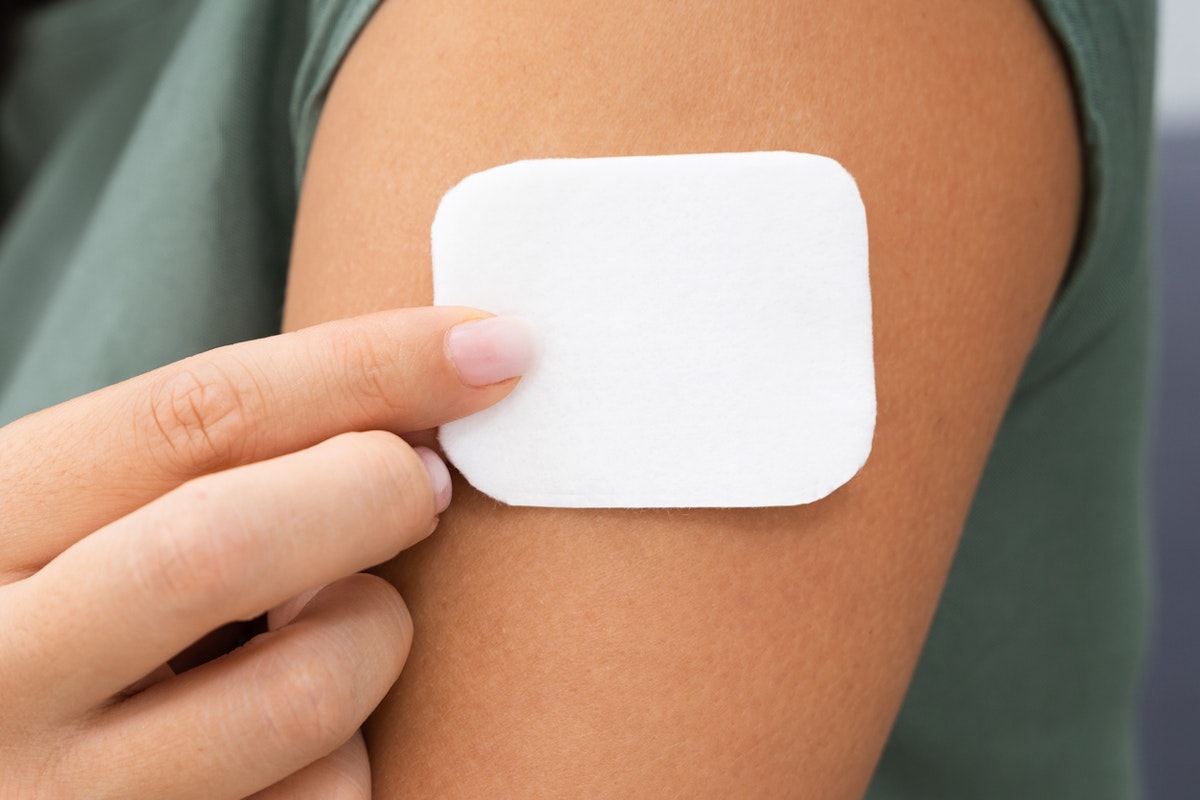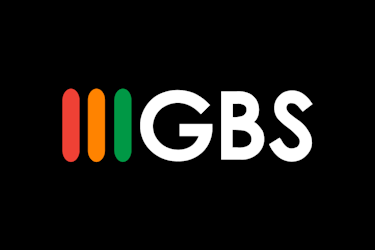The big picture: The surge in local prescriptions mirrors a national trend, with HRT use more than doubling across England as awareness of menopause treatment grows.
By the numbers:
55,726 patients received HRT in Suffolk and north east Essex in 2023-24
Local prescriptions cost £4.5m - more than triple the £1.3m spent in 2016-17
Around 324,000 individual prescriptions were issued locally
Nationally, 2.6 million patients received HRT treatment

Yes, but: Despite the increase, only 18% of women aged 45-59 receive HRT on the NHS, dropping to just 10% in the most deprived areas.
Why it matters: HRT can significantly improve quality of life for those experiencing menopause symptoms like anxiety, insomnia and hot flushes by replacing hormones that naturally decline during menopause.
Between the lines: Access to treatment varies significantly across England, with patients in wealthier areas more than twice as likely to receive HRT compared to the most deprived regions.
The cost factor: While the NHS spends about £100m annually on HRT nationwide, local menopause expert Melissa Neisler Dickinson points out this represents just 0.44% of the estimated £23bn cost of treating conditions like osteoporosis, heart disease and dementia in aging women.
What they're saying: Dr Sue Mann, NHS national clinical director for women's health, said the rise "reflects the sharp increase in menopause awareness" but acknowledged "there is more work to do to increase awareness and reduce inequalities in access."
Melissa, who's also the founder of the Menopause Vitamin Company, added that despite positive steps like the HRT Prescription Prepayment Certificate, "there is still a long way to go in ensuring that all women have the education and support from healthcare professionals."
Despite the significant rise in HRT use, driven by increased awareness and the introduction of the HRT Prescription Prepayment Certificate (HRT PPC), only 18% of women aged 45-59 receive hormone replacement therapy (HRT) on the NHS.
It is also important to note that only 10% of women in the same age range from the most deprived areas access HRT. There is still a long way to go in ensuring that all women have the education and support from healthcare professionals.
The total cost to the NHS of providing HRT in the UK is estimated to be around £100 million annually. However, when we consider the combined cost of treating osteoporosis, heart disease, and dementia in ageing women, totalling an estimated £23 billion, the cost of HRT is just 0.44% in comparison.
Alongside HRT, a managed approach to weight and nutrition could significantly reduce these health risks, potentially leading to long-term savings for the NHS, reaching billions.
These figures highlight the importance of preventive care, such as HRT, not only in reducing debilitating symptoms in women and improving their quality of life but also in lowering long-term healthcare costs of the NHS.
What's next: The NHS is rolling out women's health hubs to provide additional community care and tools to help patients manage symptoms.







